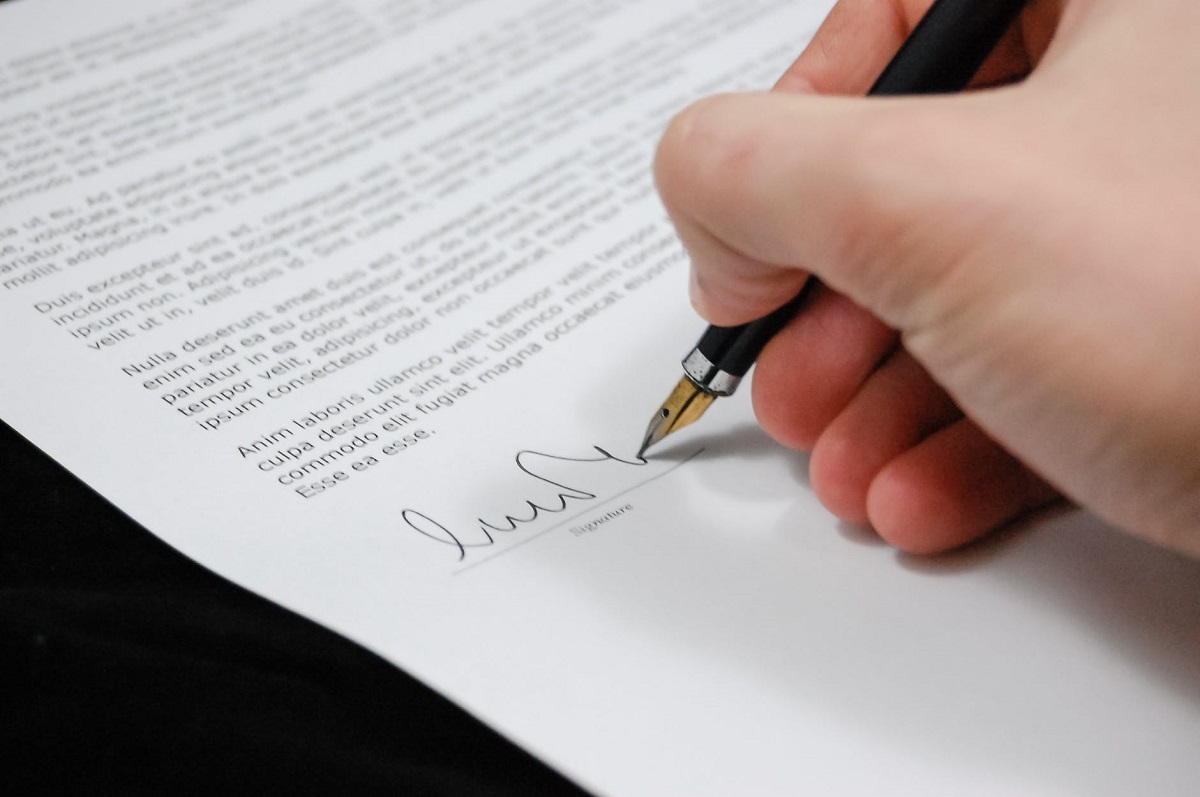Sitting down to draft your last will isn’t a pleasurable experience. On the upside, writing a will in your 50s is a sign of maturity and a token of love for your loved ones. Ontologically speaking, a will is nothing more than an investment into the future. Before you are ready to summon a lawyer to write your will, here are the 9 things you should know about the matter.
Table of Contents
What exactly is a will?
Before you start writing a will, you need to know what you are writing, don’t you? Simply put, a will is a legal document in which the testator declares who will inherit and manage their estate after death. When there isn’t a will, the national family and inheritance laws are consulter but in most cases, children inherit their parent’s assets.
As far as the will is concerned, the “estate” can relate to something valuable as jewelry or an apartment. On the other side, you can declare who inherits the family photo album; an item of insignificant material value. The person in charge of managing your estate after you expire is called an executor (he/she executes your last wish).
No will, no problem
Dying without a will occurs often but then a long legal procedure starts to determine who gets what. Out example from the paragraph above is only relevant if your parents die and you’re the only child. However, family relations in most families are messy in the sense that every person will have their eyes on a different part of the estate.
Moreover, the absence of a will means that there is no executor, so the state has to appoint an administrator. Since they work for the state, this clerk has hundreds of other cases on his/her hand, so they aren’t as nearly as efficient as an executor.
Can children be the subject of a will?
We live in a democracy, so you can’t really bequest minors to anyone. However, the will can state who will become the guardian of minor children or dependents. In some cases, the local court will have to approve of these people. Also, you can leave the estate to children by making them the beneficiaries of your will.
Who prepares the will?
One of the questions people ask most often is whether they can prepare the will on their own or they need help from a lawyer. When it comes to the legislation, it doesn’t stimulate that you need a lawyer but people still hire them.
Namely, an experienced wills lawyer is well-versed on the matter and they will write the will faster. Moreover, they can advise you on the issue of living trusts or suggest alternative estate-planning strategies.
As stated earlier, you can pen a will on a napkin, for all the legislators care, as long as you meet the legal requirements proscribed by the state. Recently, there have been a number of websites that offer DIY will-writing kits bit hiring a lawyer still remains the most effective and hassle-free way to draft a will.
Most suitable will executors
As you might have concluded by now, the executor is an important person. Unlike the administrator who is assigned to your case, you appoint (i.e. name) the executor on your own. A person close to you is the best choice, so people often name spouses, children, and trusted friends as executors.
If the will is complicated and it isn’t easy to execute it, then it’s wise to name a lawyer or another legal-savvy person. An executor can be joint, for instance, your spouse and your attorney can both serve as executors. This way, you get the best of both worlds (trust and legal expertise).
Are joint wills a good idea?
A good estate planner will tell you that a joint will you sign with your spouse is a bad move. Essentially, this is true, as you and your spouse are highly unlikely to perish at the same time, creating a world of legal problems.
For this reason, separate wills are better, as you can always draft them in a similar fashion, so they look alike. Separate wills allow you to navigate the particularities of your status, such as ex-spouses and children from previous marriages.
What happens if a will is declared invalid?
Each state or territory has its own legislation on how a will should like and what pieces of information it should contain. The exact requirements vary from one legal authority to the other. Unless you stick to these rules, which can easily happen with do-it-yourself wills, the judge will declare it invalid.
In this case, the legal procedure is the same as if you didn’t leave a will. The state appoints the aforementioned administrator who is a stranger to family members and relatives. The decisions the administrator makes are compromises, so neither you would be completely happy with them, nor will your family be too.
Whom to pick as a witness to a will?
Legally speaking, anyone can be a witness to your will but in practice, the only people to avoid are the beneficiaries. This is done to prevent a conflict of interest that may easily occur. To use a legal term, you require a “disinterested witness,” i.e. a person who doesn’t stand to gain anything from your will.
Hiring a lawyer comes with the perk that you already get a disinterested witness, the lawyer himself/herself. Keep in mind that some states require two witnesses. Also, you may need to have the will notarized and pay a fee.
Where is the will kept?
A court will require you to submit the original of the will before they can proceed. The document should be kept in a safe place but it should be easily accessible as well. A safe deposit box in a bank doesn’t meet the latter stipulation, so a burglarproof safe back home is the best storage option. If you hire an attorney, they will keep signed copies at their office.
Now that you are more familiar with what a will is, how to write it, and where to store it, you are more likely to write a will that will stand in court. It would be a pity to go through all the effort only to have your final will annulled.

Alex is fascinated with “understanding” people. It’s actually what drives everything he does. He believes in a thoughtful exploration of how you shape your thoughts, experience of the world.



